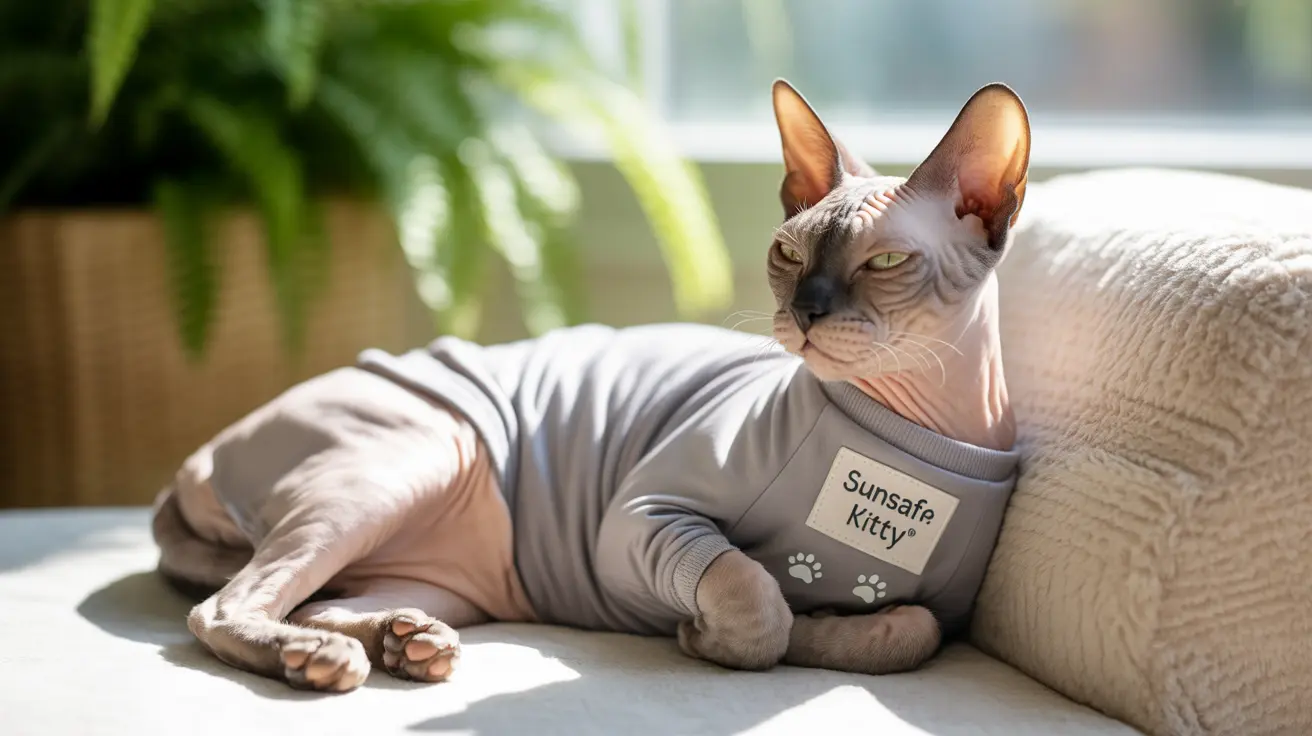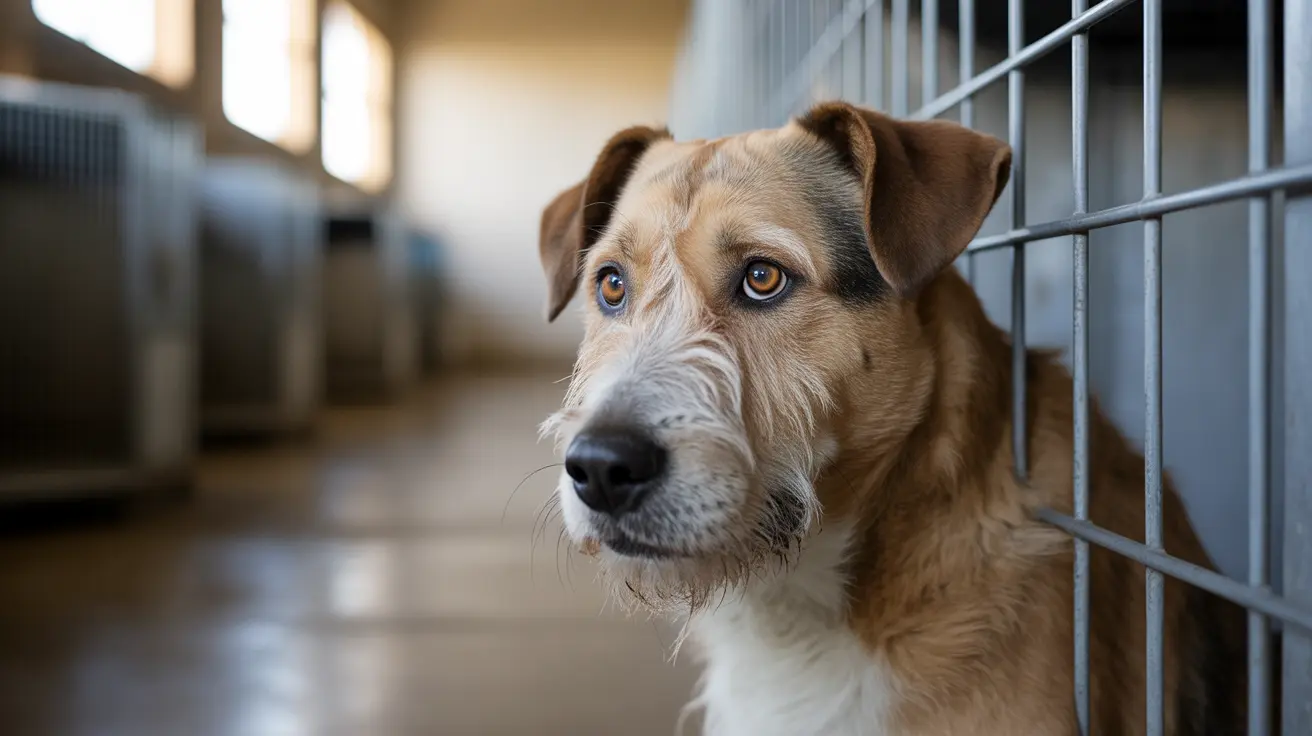If you're a proud owner of a hairless cat like a Sphynx, you've likely wondered about protecting their delicate skin from the sun. Unlike their furry counterparts, hairless cats lack natural protection against harmful UV rays, making them particularly vulnerable to sunburn and related skin issues.
Understanding how to protect your hairless feline friend from sun damage is crucial for their health and comfort. This comprehensive guide will explore everything you need to know about sun protection for hairless cats, including safe sunscreen options and alternative protective measures.
Understanding Sun Risks for Hairless Cats
Hairless cats face unique challenges when it comes to sun exposure. Their lack of protective fur leaves them susceptible to various skin conditions, including:
- Severe sunburn and skin inflammation
- Hyperpigmentation
- Increased risk of skin cancer
- Painful blistering and peeling
Even indoor cats aren't immune to these risks, as UV rays can penetrate through windows, potentially causing damage during their favorite window-lounging sessions.
Safe Sunscreen Options for Hairless Cats
While sunscreen can help protect hairless cats, it's crucial to use only pet-specific products. Human sunscreens often contain toxic ingredients like zinc oxide and salicylates that can harm your cat if ingested during grooming.
Look for these features in cat-safe sun protection:
- Veterinary-approved formulations
- Free from toxic ingredients
- Specifically designed for feline skin
- Non-greasy, quick-absorbing formulas
Alternative Sun Protection Methods
Sunscreen isn't the only way to protect your hairless cat from UV damage. Consider these effective alternatives:
- Install UV-filtering window films
- Use protective pet clothing designed for cats
- Create shaded areas throughout your home
- Limit outdoor time during peak sun hours (10 AM to 4 PM)
Monitoring Your Cat's Skin Health
Regular skin checks are essential for hairless cat owners. Watch for these warning signs of sun damage:
- Redness or inflammation
- Unusual skin discoloration
- Scaling or peeling
- Changes in skin texture
- Sores or lesions that don't heal
Indoor Sun Safety Tips
Even indoor cats need protection from UV rays. Implement these safety measures:
- Install window coverings or UV-blocking films
- Rearrange furniture to create shaded rest areas
- Monitor sunny spots where your cat likes to lounge
- Provide alternative comfortable resting places away from direct sunlight
Frequently Asked Questions
Do hairless cats like Sphynx need sunscreen to protect their skin?
Yes, hairless cats need protection from UV rays. While pet-specific sunscreen can help, it should be part of a comprehensive sun protection strategy that includes limiting sun exposure and providing shade.
Can I safely use human sunscreen on my hairless cat?
No, never use human sunscreen on cats. Many ingredients in human sunscreens are toxic to cats and can cause serious health issues if ingested during grooming. Only use veterinary-approved, pet-specific sun protection products.
What are the best sun protection methods for hairless cats besides sunscreen?
The best alternative methods include limiting outdoor time during peak sun hours, using UV-blocking window films, providing protective clothing designed for cats, and ensuring plenty of shaded areas are available.
How can I recognize if my hairless cat has sunburn, and what should I do?
Signs of sunburn include red, tender skin, peeling, and possible blistering. If you notice these symptoms, move your cat to a cool, shaded area immediately and contact your veterinarian for proper treatment guidance.
Are there pet-specific sunscreens that are safe and effective for hairless cats?
Yes, there are specially formulated sunscreens for pets that are safe for hairless cats. Always consult with your veterinarian before using any product and choose only those specifically designed and approved for feline use.
Remember, protecting your hairless cat from sun damage is an essential part of responsible pet ownership. By implementing proper sun protection strategies and maintaining regular veterinary check-ups, you can help ensure your unique feline friend stays healthy and comfortable throughout their life.






